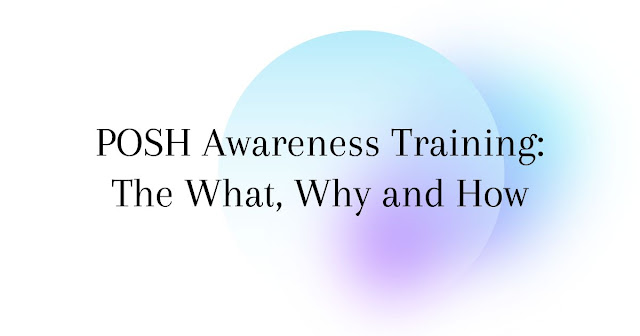Empowering Survivors: A Holistic Approach to Healing from Sexual Harassment.
In the aftermath of Sexual harassment, survivors often face a daunting journey towards healing and empowerment. This article explores the critical importance of providing survivors with comprehensive support, encompassing legal, psychological, and social services. Furthermore, it delves into initiatives designed to build resilience and help survivors reclaim their agency, fostering a path towards recovery and empowerment.
Legal Support:
Empowering survivors begins with ensuring they have access to robust legal support. Legal frameworks play a crucial role in holding perpetrators accountable and providing survivors with avenues for justice. Advocacy groups and legal aid organizations work tirelessly to guide survivors through the legal process, offering assistance in filing complaints, navigating court procedures, and advocating for their rights.
Psychological Support:
The psychological toll of sexual harassment can be profound, often resulting in trauma, anxiety, and depression. Empowering survivors requires a comprehensive approach that prioritizes mental well-being. Counseling services, support groups, and therapy sessions play a pivotal role in helping survivors process their experiences, manage emotional challenges, and rebuild a sense of self-worth.
Social Support:
Survivors often grapple with isolation and societal stigma. Empowerment comes through building a strong social support network that validates survivors' experiences and fosters understanding. Family, friends, and community members can contribute significantly to this support system by providing empathy, validation, and a non-judgmental space for survivors to share their stories.
Initiatives Focused on Building Resilience:
Beyond immediate support services, initiatives focused on building resilience are essential in the journey towards empowerment. Educational programs and workshops that equip survivors with tools to navigate challenges, rebuild confidence, and set boundaries contribute to their overall empowerment. By fostering a sense of agency, survivors can reclaim control over their lives and move towards a future free from the shadows of harassment.
Reclaiming Agency:
Empowering survivors involves helping them reclaim agency over their lives and narratives. Initiatives that encourage self-expression, such as art therapy or creative workshops, provide survivors with a platform to share their experiences on their terms. By embracing creativity and reclaiming their stories, survivors shift from being defined by their trauma to being authors of their own narratives.
Community-Based Initiatives:
Empowerment is not a solitary journey; it thrives in a community that champions resilience and healing. Community-based initiatives, including awareness campaigns and survivor-led movements, create spaces for shared experiences and collective healing. These initiatives contribute to changing societal attitudes and fostering a culture that supports survivors rather than perpetuating silence and shame.
Challenges and the Road Ahead:
While strides have been made in empowering survivors, challenges persist. Stigma, limited resources, and systemic barriers can hinder the effectiveness of support services. Advocacy for policy changes, increased funding for support organizations, and continued awareness campaigns are crucial to overcoming these challenges and creating a more survivor-centric approach.
Conclusion:
Empowering survivors of Sexual harassment demands a multi-faceted approach that addresses their legal, psychological, and social needs. By providing comprehensive support services and fostering initiatives focused on resilience and agency, we can contribute to a society where survivors not only heal but emerge stronger and more empowered. As we navigate this path, it is imperative to recognize the resilience of survivors and work collectively towards a future where empowerment triumphs over silence and stigma.

Comments
Post a Comment